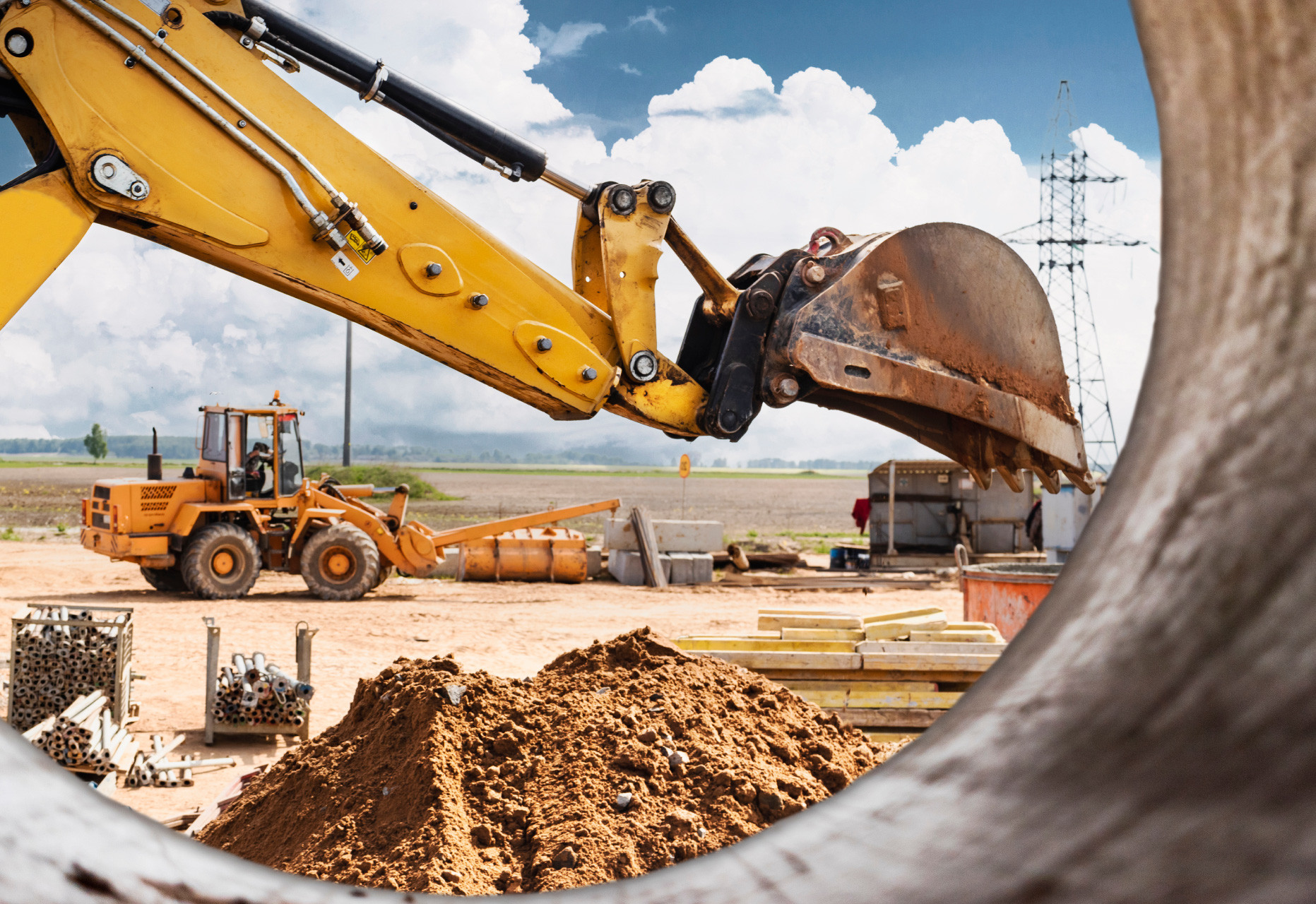Money worries are something most people experience at some point. Whether due to rising bills, uncertain income, or unexpected expenses, financial stress can become overwhelming. What often goes unnoticed is just how deeply those worries can affect mental health and overall wellbeing. And in construction, where financial insecurity is more common than many realise, the impact can be particularly profound.
When money is tight, it’s not just the bank balance that suffers. Financial stress can lead to anxiety, low mood, and trouble sleeping. It can create a sense of shame or failure, even when circumstances are entirely outside an individual’s control. The pressure can feel relentless, especially in a culture where the expectation to just keep going can be intense. For many, it’s not just the stress of not having enough, but the fear of admitting it. That silence only makes things harder.
In construction, the nature of the work often adds to these challenges. Many roles are temporary, seasonal, or self-employed, with pay that can vary week to week. A day off for illness can mean a day without pay. Planning ahead or building savings can feel like a luxury rather than a standard. And when the work slows down, it’s not just income that’s lost, it’s routine, connection, and often a sense of purpose.
This financial instability can easily become a vicious cycle. Worrying about money can affect mental health, making it harder to concentrate, make decisions, or take steps to sort things out. That stress then spills over into work, relationships, and physical health. And when things feel overwhelming, it’s easy to turn to unhealthy coping strategies just to get through the day.
But despite how common these experiences are, many still feel isolated. Stigma around financial hardship remains a significant barrier, particularly in male-dominated environments where strength and self-reliance are often expected. Yet financial difficulty is not a personal failing. It is a reflection of wider pressures that can affect anyone.
Practical and emotional support matters, and so does self-compassion. For someone struggling, taking steps to acknowledge the situation, speaking to someone, or asking for help is a strength rather than a weakness. Small steps like creating a budget, building a routine, or simply talking can make a big difference. Knowing that help is available and change is possible can help ease the pressure.
At We Are Footprint, we understand the connection between work, income, and wellbeing, and we know that in construction, financial stress is a reality that needs to be addressed with honesty and care. To us, recruitment is about more than filling roles. It’s about improving lives, building sustainable careers, and recognising the whole person.
Whether it’s supporting people back into work, helping employers understand the importance of stable contracts, or simply being someone who listens, we’re committed to creating a construction industry where wellbeing is part of the foundation. In every walk of life, when workers feel secure, valued, and supported, everyone benefits.



